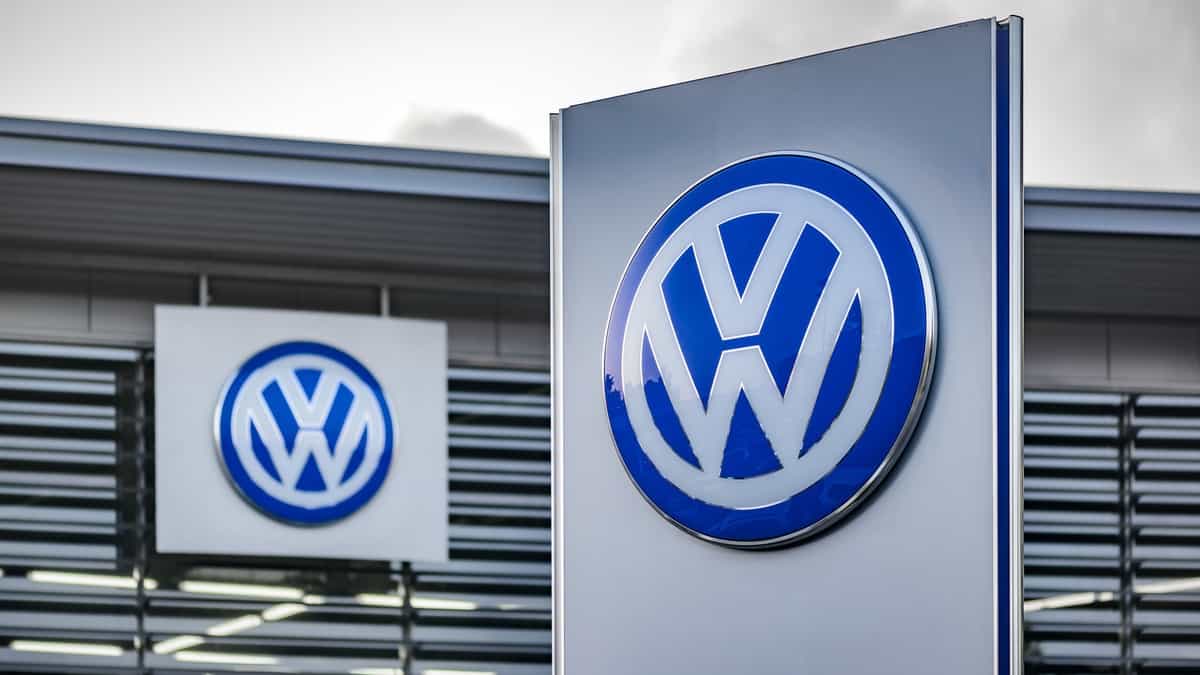Volkswagen is reportedly planning to develop a new electric vehicle battery “ecosystem” in Indonesia, Nikkei Asia reports citing the country’s investment minister Bahlil Lahadalia.
To do that, it collaborates with significant EV-related firms, including miner Vale, automaker Ford, and Chinese battery minerals producer Zhejiang Huayou Cobalt. Furthermore, local firms Merdeka Gold Copper and Kalla Group and French miner Eramet also joined the partnership.
What to expect?
Lahadalia stated in a video message from Germany that the partnerships would include joint ventures and supply raw materials.
Furthermore, VW’s investment will be implemented by its battery company PowerCo, according to a separate announcement released by Widodo’s office.
Interestingly, German chemical company BASF is also apparently planning to invest around $2.6 billion in an EV battery materials plant in Maluku, Indonesia. However, it has not yet been confirmed by the company and its alleged partner Eramet.
Ford committed to its first investment in Indonesia last month. It collaborated with Huayou and Vale Indonesia on a $4.5 billion nickel processing facility in Southeast Sulawesi.
On the other hand, VW announced in March that it would invest 180 billion euros ($193 billion) over the course of five years, including the production of batteries and the acquisition of raw materials.
Indonesia to establish an integrated EV supply chain
Global EV companies are eyeing Indonesia for its EV battery raw materials, accounting for approximately 40% of a vehicle’s sticker price. The country homes the world’s biggest nickel reserves of 21 million tonnes in the Island of Sulawesi and North Maluku province. Apart from that, it also has a cobalt supply.
Therefore, this advantage will substantially reduce their production costs and keep pace with the market leader Tesla. Furthermore, Indonesia will propose a limited free trade agreement (FTA) for certain battery-related products exported to the US. It would enable automakers that employ Indonesian raw materials to comply with the IRA battery requirements for electric vehicle tax credits.
In retrospect, Indonesia declared plans to establish an integrated EV supply chain last year. The move was a stride in Indonesia’s development as a producer and exporter of EV batteries. By 2030, it set the audacious target of producing batteries with a 140 GWh capacity.

